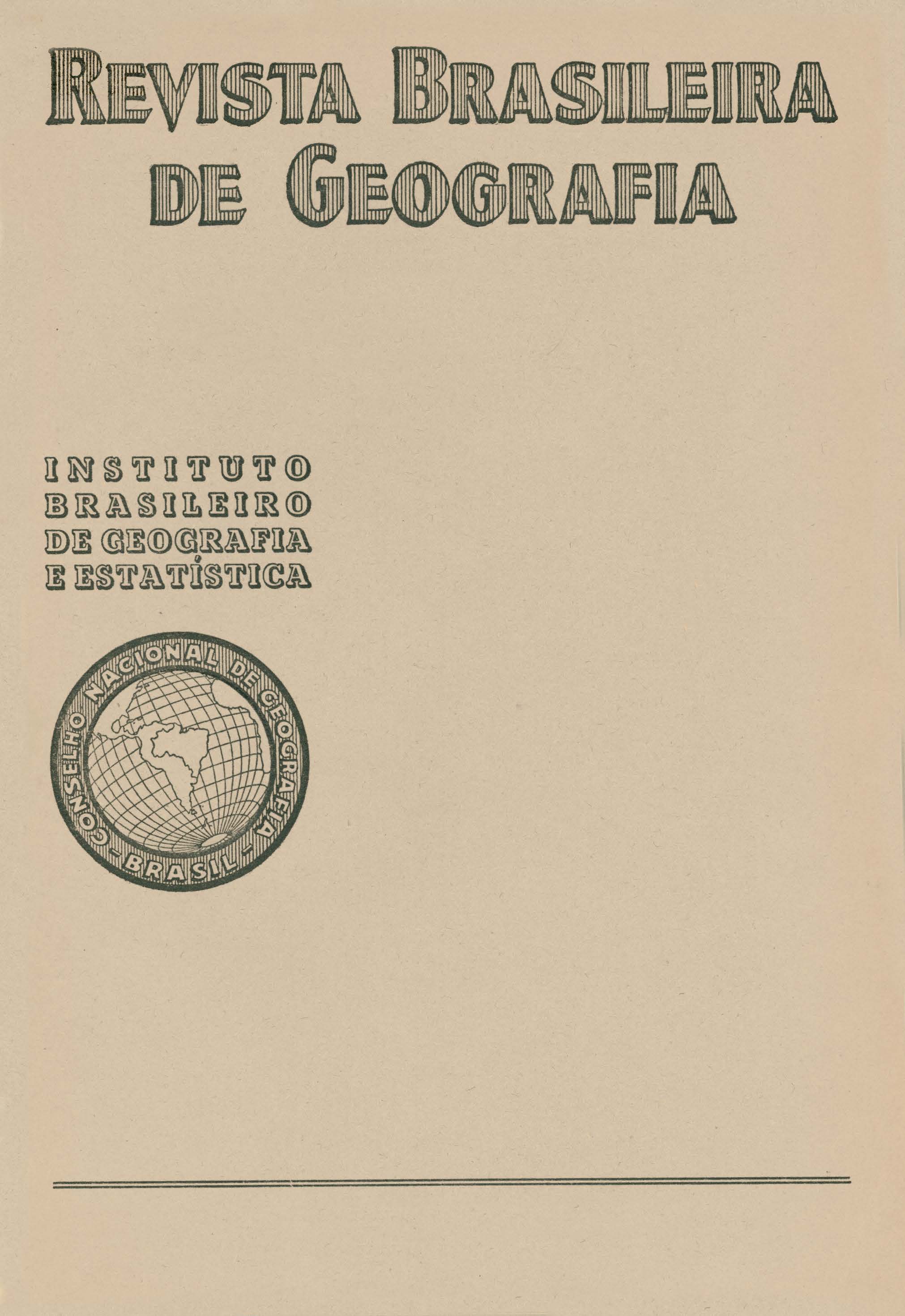Alimentação e subdesenvolvimento no Brasil
Keywords:
Nutrição;, Economia;, Geografia econômica;, Abastecimento de alimentos;, Países em desenvolvimento.Abstract
This study deals with the nutritional conditions of the Brazilian people in particular inter connection with underdevelopment.
Discussion of the subject leads to attention being drawn to the various proposals of well-known specialists to divide Brazil into nutritional areas or regions and the difficulties that arise out of any attempt to outline such areas or regions with reasonable accuracy, owing to the countless variations and shades of interpretation involved that are readily perceptible,
This does not prevent pains being taken in the course the survey to shed light on the chief characteristics and deficiencies in the diet of the people in the different regions of Brazil, with specific reference to the various alimentary and nutritional enquirers that have already been pursued in this connection.
The influence of certain factors and their inter-relationship - climate, education, population, food habits and ailments of the masses - is investigated, and a careful analysis points to the ill effects of nutritional deficiency on the output and efficiency of the workers.
In the specific case of the demographic problem, the question of the birth rate is reviewed in relation to social and economic factors, in the light of the results of various lines of research in this field. The deductions therefrom would seem to run counter to the trend of thought that considers endemic famine to be a conditioning factor of fertility.
Emphasis is laid on connotations between ecological, agricultural and socioeconomic factors and nourishment of the Brazilian people. The data compiled shows that the archaic framework of an underdeveloped country is liable to have an unfavorable bearing on nutritional conditions and possibilities of the population.
It is interesting to note that neither the correlation between undernourishment ant interregional imbalance nor the adverse influence of a lack of food on the relations between the masses and the governing classes of the country h as been neglected.
Special attention is paid to the underdevelopment of Brazil, and the demaging effects this has on the nutrition of a vast layer of the population are examined together with the various correlative aspects of the question.
Finally, there is shown to be a need for the establishment or creation of a central agency to coordinate all government activities related to the food and nourishment of the Brazilian people, said agendy to be entitled the Ministério da Alimentação (Ministry of Food).






